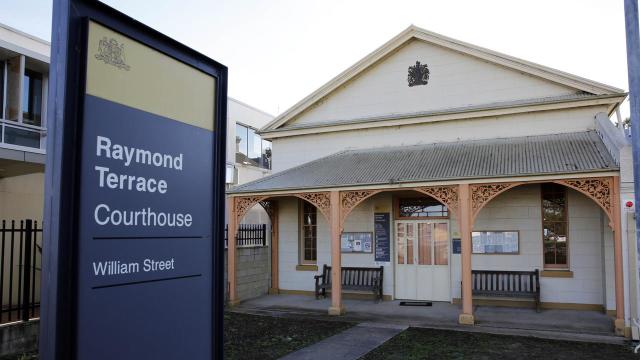What does a hung Jury mean?
In Australia, for an accused to either be found guilty or not guilty of a crime in a jury trial, the starting point is that the jury decision must be unanimous. However, after jury deliberations of about 8 hours or so, the judge will usually direct the jury that a majority verdict of 11:1 will be received.
After further deliberation by the jury, if the jury has not reached a majority verdict, the judge will question the foreperson on the jury as to whether, if more time was given, it is reasonably possible that jury will reach a majority verdict. If the answer to that enquiry is no, then likely, the judge will discharge the jury on the basis they could not reach a verdict, unanimously or by majority. The result is what is called a ‘hung jury’.
Hung juries are not at all uncommon and it is nothing to worry about, perhaps unless you are the complainant or the accused and there is a retrial.
Sometimes, following a hung jury result, the accused’s lawyers will make what is called a No Bill application to the DPP, making submissions that there should not be a retrial due to various perceived weaknesses in the prosecution case. However, the usual practise of the state and Commonwealth DPP is that they will retry a matter at least a second time following a hung jury. In years passed it was not uncommon for there to be two or three retrials following hung juries before the DPP would pull the pin.
Does a hung jury mean the trial failed?
Not at all. Indeed, it demonstrates that the criminal justice system works as it was intended. That is because, the criminal law provides for the presumption of innocence for any person accused of having committed a crime and it follows that, the accused does not have to prove his or her innocence, but rather, the prosecution must prove the guilt of the accused beyond reasonable doubt. Juries are told that they must be satisfied of the guilt beyond any reasonable doubt.
Juries are commonly told that suspicion alone, even high suspicion, is not enough, because the threshold is ‘beyond any reasonable doubt’. So, the bar is high but you may think that is as it should be to be convicted of a criminal offence, the consequences of which, often include a lengthy period of imprisonment.
Bearing in mind the high standard of proof and that in sex trials it often comes down to the word of the complainant against the word of the accused, it is not surprising that, after hearing all the evidence, the jury cannot unanimously or by majority verdict of 11:1 agree on a verdict. That doesn’t mean that the collective jury believe that the complainant or the accused is lying. Not at all.
The logical outcomes as to why a jury may be ‘hung’ include:
- Some jurors, but less than an 11:1 majority may have difficulty in determining who is telling the truth, therefore they are undecided and will remain so, meaning they cannot be satisfied about the guilt of the accused beyond reasonable doubt, but other jurors are satisfied beyond reasonable doubt that the accused is guilty; and
- Some jurors may strongly be in favour of the complainant and are satisfied beyond reasonable doubt that the accused is guilty; but other jurors are strongly in favour of the accused and believing the accused is not guilty.
In the past, where there has been evidence of a complainant who was flirting with the accused or even being ‘open’ to sex at a later time, criminal lawyers would likely have categorised the prosecution case as problematic. However, in 2020, the community and jurors generally, have come a long way and accept that a yes or a potential yes by a complainant in the past does not mean yes at the time that the sex occurred.
So, although there have been a couple of recent, high profile sexual assault trials that resulted in hung juries, don’t despair, our criminal justice system is working as it should be.


